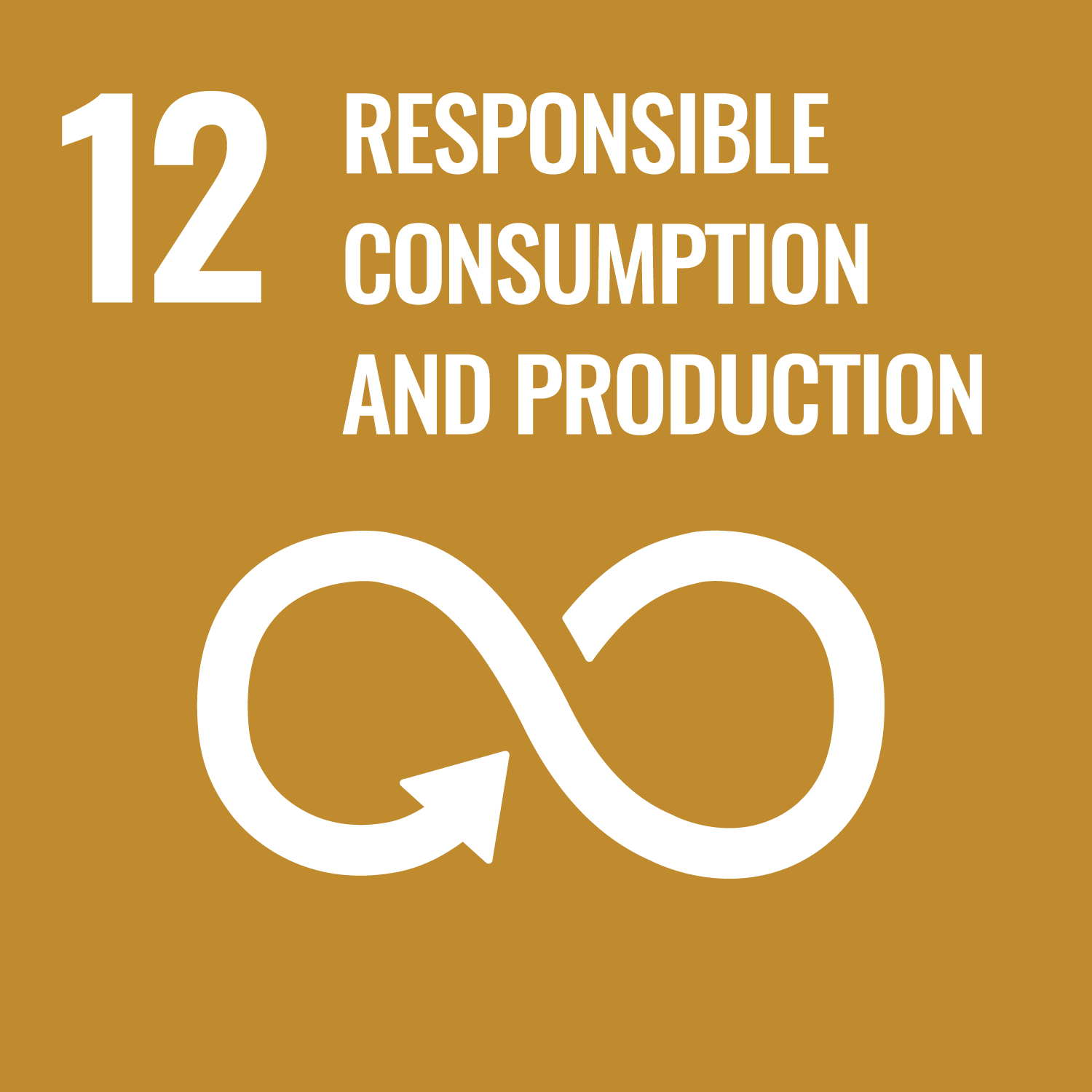The Level of Central Bank Independence in Developed and Developing Countries
This LLM dissertation offers a comparative examination of varying levels of Central Bank Independence in pursuit of monetary policy in developed and developing countries, looking particularly at the situation in developing countries in the Caribbean (Belize, Barbados and Jamaica) as compared to developed countries such as the United Kingdom (UK). The author explains the range of factors that can be taken into consideration to measure the level of CBI. Chapter 1 focus on the functions of a CB with particular emphasis on monetary policy and price stability as the primary objective of a CB as well as financial stability and its regulatory role in the financial system. Chapter 2 gives an overview of CBI, its importance and discusses the different types of CBI and its relation with accountability. Chapter 3 measures the level of CBI in the selected Caribbean jurisdictions using their CB’s Acts. An analysis is done based on the four (4) legal indicators stipulated in the Cukierman, Webb and Neyapti (CWN) index. Chapter 4 further provides theoretical and empirical evidence illustrating how CBI is greater in developed countries than developing countries by looking at the CWN legal indicators as well as the actual turnover rate (TOR) of governors at the CB of Belize as compared to the Bank of England (BoE).
| Item Type | Thesis (Masters) |
|---|---|
| Keywords | Central Bank Independence, banking law, financial regulation, comparative law, developing countries, Caribbean, Belize, Barbados, Jamaica, United Kingdom |
| Subjects | Law |
| Divisions | Institute of Advanced Legal Studies |
| Date Deposited | 19 Apr 2018 13:26 |
| Last Modified | 06 Aug 2024 06:18 |














